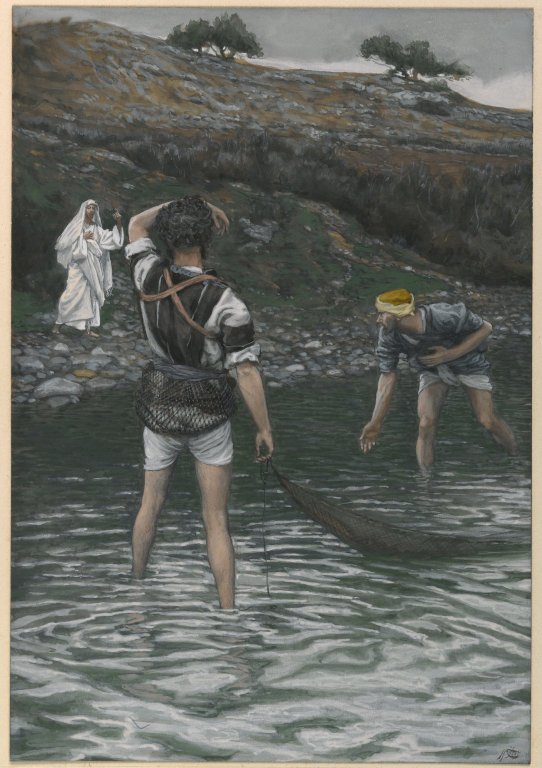The Fortune of First Impressions
Aaron Guest
 The simple answer to the question is: I’ve read enough great books to just know. But this isn’t about that answer. It’s too simple anyway—and carelessly arrogant—however satisfactory it is. Instead this is about the question I found myself contemplating after reading the opening salvo of Tim Winton’s Cloudstreet and knowing this would be the best book I’ve ever read.
The simple answer to the question is: I’ve read enough great books to just know. But this isn’t about that answer. It’s too simple anyway—and carelessly arrogant—however satisfactory it is. Instead this is about the question I found myself contemplating after reading the opening salvo of Tim Winton’s Cloudstreet and knowing this would be the best book I’ve ever read.
The whole restless mob of us spread on blankets in the dreamy briny sunshine skylarking and chiacking about for one day, one clear, clean sweet day in a good world in the midst of our living.
I immediately read this passage aloud. Twice. Interrupted and read it to my wife. I have quoted it at length to people since then. Here, in one instant intake of words, was the story, the voice, the language that would entwine all the experiences in this book. And I just knew that this sentence (and many, many, countless others in this book) was sublime, exquisite, everything. Never has an opening to a novel forged such an indelible first impression.
To me this has always been an antiquated notion: that wonderful opening line to the novel as an edifice on which an entire story rests. Opening lines are great, but a novel is a marathon; how you get out of the blocks doesn’t really effect the race. So I’ve come to disavow any initial first impression of a book. I want to believe that I’m better off reading into it fifty to a hundred pages before I make any judgement. But this single sentence in Cloudstreet stripped that practice away like decaying plaster. I was given over to something instinctual. And I couldn’t ignore it. Couldn’t talk any doubt into myself. Why? Why did I trust this first impression? And why was it so very right some four hundred pages later when I read the last line and flipped back to this opening sentence?
I went back to Malcolm Gladwell’s compelling read Blink. At length Gladwell talks about snap judgements, those based on the merest of slices of information. We are, he writes, “innately suspicious of this kind of rapid cognition” and that ours is a world “that assumes that the quality of a [judgement] is directly related to the time and effort that went into making it.” Gladwell concedes there is a fallibility in making snap judgements. However, there is just as much, if not more, good here as well. That these rapid assertions can be educated and controlled. We can trust our instincts. Blink is a long argument about how and why we should cultivate first impressions.
This brings me to the gospel story of Peter and Andrew. Upon hearing Jesus’s words, they made a snap decision to drop everything they were doing and could ever do. And what did Jesus say? “Come. Follow me. I will show you how to fish for people!” I think of them, there, in the dreamy briny sunshine in the middle of their living. This first encounter with Christ. How was it they had cultivated themselves, their spirits, for this moment? Did they know in an instant that trusting this sliver of a saying, this presence there on the hillside chiaking about going fishing for people, would be so significant?
Rabbi Abraham Heschel writes this in The Sabbath, “The higher goal of spiritual living is not to amass a wealth of information [a thing], but to face sacred moments…A moment of insight is a fortune, transporting us beyond the confines of measured time…It is not a thing that lends significance to a moment; it is the moment that lends significance to a thing.”
So think of that initial pulse from a person, a work of art, a book, a song, a place. The feeling that transported you. Did you trust it? Should you have?